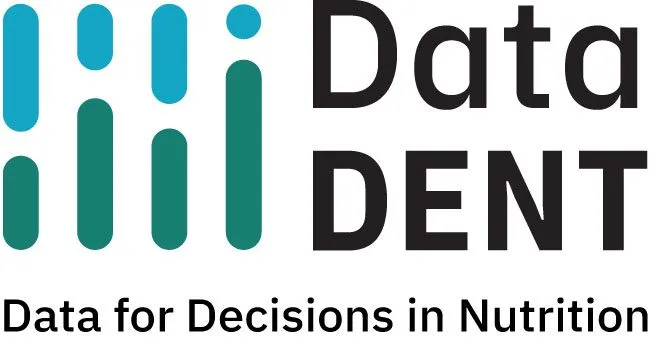Since mid-2020, DataDENT team members have been actively involved in Standing Together for Nutrition (STfN)—a multidisciplinary consortium of economics, nutrition, and health systems experts committed to addressing COVID-related nutrition challenges. To date the consortium has released two papers presenting results from modeling exercises that project the impacts of COVID-related interruptions to economic and health systems on maternal and child nutrition status. The first was published in the Lancet in July 2020 and focused on acute impacts on childhood wasting. The second, currently under review and publicly available as a pre-print, addresses child stunting, wasting, and mortality, maternal anemia, children born to women with a low body mass index, and lost productivity over a 3-year horizon; it also models impacts on financing. Additionally, STfN members have completed analyses about impacts on the affordability of healthy diets which they expect to publish.
The papers use rigorous methods and well-established modeling tools—including MIRAGRODEP, the Lives Saved Tool (LiST), and the Optima Nutrition Tool—to project impacts across 118 low- and middle-income countries. Such global approaches are useful for high-level advocacy, but the authors acknowledge their limitations when it comes to supporting specific national and sub-national actions. The multi-country modeling approach applied three common disruption scenarios to all countries; it was not able to capture more granular up-to-date data on actions being taken in specific contexts to mitigate COVID impacts on economic and health systems.
There are many reasons why up-to-date data on nutrition intervention coverage have been difficult to access during the COVID-19 crisis. Over the last decade, many countries have invested in improving health sector administrative data systems, such as the District Health Information System 2 (DHIS-2), but these systems often lack nutrition indicators; they were also impacted by service disruptions early in the pandemic. Social protection and other sectors that have been crucial in the COVID-19 nutrition response have historically lacked nutrition-relevant information systems, which is something that DataDENT is working to address.
However, COVID-19 has spurred numerous data innovations as governments and multinational stakeholders have used telephone surveys and other strategies to collect more frequent data on COVID-19 impacts. Through Data for Nutrition, DataDENT has been collating resources on food security and nutrition measurement during COVID-19. Some examples of recent nutrition-relevant innovations include:
- In India, the CORE Net Working Group—of which DataDENT is a member—has coordinated donor, research, and government stakeholders to develop a national COVID-19 nutrition data strategy. Partners in country are conducting telephone surveys to capture prioritized data.
- In 2020, UNICEF launched Multiple Indicator Cluster Survey (MICS) Plus which uses the MICS sampling frame to select respondents for longitudinal data collection via mobile phones. The questionnaire includes nutrition indications for children under 2 years and household food security. MICS Plus has been conducted in Belize, Georgia, and Mongolia. A recent webinar about the survey is available here.
- World Bank and partners are conducting high-frequency household phone surveys in over 100 countries to monitor the impact of COVID-19. These surveys measure household food security and social safety net programs. Results are available via their Dashboard.
COVID-19 has shined a light on the need to prioritize data investments; a theme that is also reflected in the upcoming Nutrition for Growth (N4G) 2021 Summit. A recent N4G blog post commended the addition of new nutrition content to the Demographic and Health Surveys (DHS) core questionnaire. DataDENT played a key role in advocating for the DHS changes; DataDENT is currently playing a similar role in the DHS Program’s Service Provision Assessment revision process. We are committed to advocating for stronger data value chains and widely disseminating nutrition data innovations, particularly those emerging from the COVID-19 pandemic. DataDENT will soon be disseminating lessons learned and recommendation from the CORE NET work in India. We will continue to highlight innovations in the Data for Nutrition community of practice webinar series.
